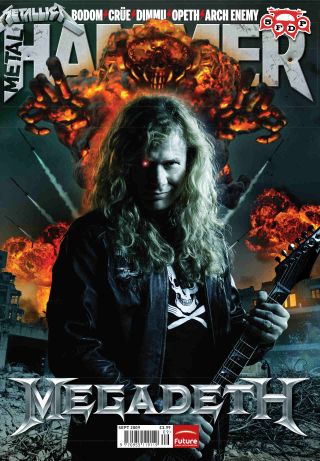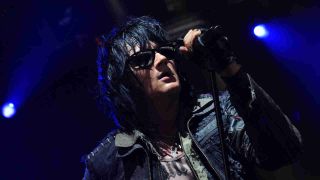Strange as it may sound, there was a time when Guns N’ Roses did not fully believe in themselves. Or at least, they didn’t imagine things would get as big as they did.
“I thought the band was f****** great,” Slash said to Classic Rock in 2022, looking backward at GNR’s career. “It would have been a band that I would have listened to had I not been in it. I would have had the T-shirt, right? But I saw it as being a cool cult band. I didn’t have any fantasies of it being anything super-huge.”
Axl Rose, on the other hand, had grander visions. He knew what it was like to struggle and wanted the success. The band’s debut album, Appetite for Destruction, wound up No. 1 in America after months of relentless touring and radio play, things that took a lot of elbow grease to get done.
“Everything was directed at trying to achieve the sales without sacrificing the credibility of our music,” Rose explained to Rolling Stone in 1989. “We worked real hard to sell this many records. The album wasn’t just a fluke. Maybe Appetite will be the only good album we make, but it wasn’t just a fluke.”
Speaking of touring, we’ve crunched the numbers with the help of data from setlist.fm. Below, we’re taking a look at The Most and Least-Played Song Live Off Every Guns N’ Roses Album. For the purposes of this list, we’re avoiding songs that have never been played live, and sticking to originals with the exception of GNR’s 1993 covers album.
Album: Appetite for Destruction (1987)
Most-played: “Welcome to the Jungle”
Least-played: “Think About You”
It’s fitting that “Welcome to the Jungle,” the opening track to Guns N’ Roses’ debut album, is not only the most-played song from that release, but the most-played song out of the band’s entire live career with 989 plays. (To be fair, “Mr. Brownstone,” “Paradise City” and “Sweet Child o’ Mine” are not far behind, each of which have over 900 plays themselves.) As a matter of fact, every song from Appetite for Destruction has been played live at one point or another. “Think About You” is the least-played among them with 78 performances.
Album: G N’ R Lies (1988)
Most-played: “Patience”
Least-played: “One in a Million”
GNR has also played every song from 1988’s G N’ R Lies, including its two covers: “Mama Kin” by Aerosmith and “Nice Boys” by Rose Tattoo. “One in a Million” is the least-played with just two performances, both of which took place before the album even came out, which is probably a good thing given its controversial lyrics. At the top of the list is “Patience,” which also started getting played prior to the release of G N’ R Lies and has continued to appear in set lists.
Album: Use Your Illusion I (1991)
Most-played: “November Rain”
Least-played: Tie Between “Garden of Eden” and “Bad Apples”
Technically speaking, Guns N’ Roses’ cover of Paul McCartney and Wings‘ “Live and Let Die” is the most-played track from Use Your Illusion I with 817 plays. But if we’re talking about originals, then “November Rain” is top dog with 810 plays. Though the studio version is around nine minutes long, live versions have stretched longer than that. (This makes sense when you consider the rumor that the song was originally around 25 minutes long.) Just one song from this album has never been played live, “Don’t Damn Me,” but the two least-played songs haven’t fared much better — “Garden of Eden” and “Bad Apples” have each been played only twice.
Album: Use Your Illusion II (1991)
Most-played: “You Could Be Mine”
Least-played: “Breakdown”
Like Use Your Illusion I, the top-played track from Use Your Illusion II is also a cover, this time in the form of Bob Dylan‘s “Knockin’ on Heaven’s Door” with 931 performances. Next up then is “You Could Be Mine” with 794 plays, a song that got its live debut at the 1991 Rock in Rio festival. A handful of songs from this album have never been played, but “Breakdown” managed to squeeze itself onto a set list twice, both in December of 1991.
Album: “The Spaghetti Incident?” (1993)
Most-played: “Attitude” by Misfits
Least-played: “New Rose” by the Damned
Forget what we said about focusing on originals, since 1993’s “The Spaghetti Incident?” consists of covers only. A mere three of them have been performed live: “Down on the Farm” by U.K. Subs (58 times), “New Rose” by the Damned (65) and “Attitude” by Misfits (259). With “Attitude,” Duff McKagan takes over on lead vocals.
Album: Chinese Democracy (2008)
Most-played: “Chinese Democracy”
Least-played: “Riad n’ the Bedouins”
This brings us to GNR’s most recent release, 2008’s Chinese Democracy, an album that took years to fully complete. Despite this, the band has managed to play every single one of its songs live. The title track takes the No. 1 spot with 585 performances, while “Riad N’ the Bedouins” rounds out the pack with six plays. Of course, due to the amount of time it took for the album to be finished, both of those songs started getting played live several years before Chinese Democracy was officially released.
Every Guns N’ Roses Song Ranked Worst to Best
Multiple narratives emerged when compiling the above list of Guns N’ Roses Songs Ranked Worst to Best. All entries by Eduardo Rivadavia except where noted.
Gallery Credit: Eduardo Rivadavia

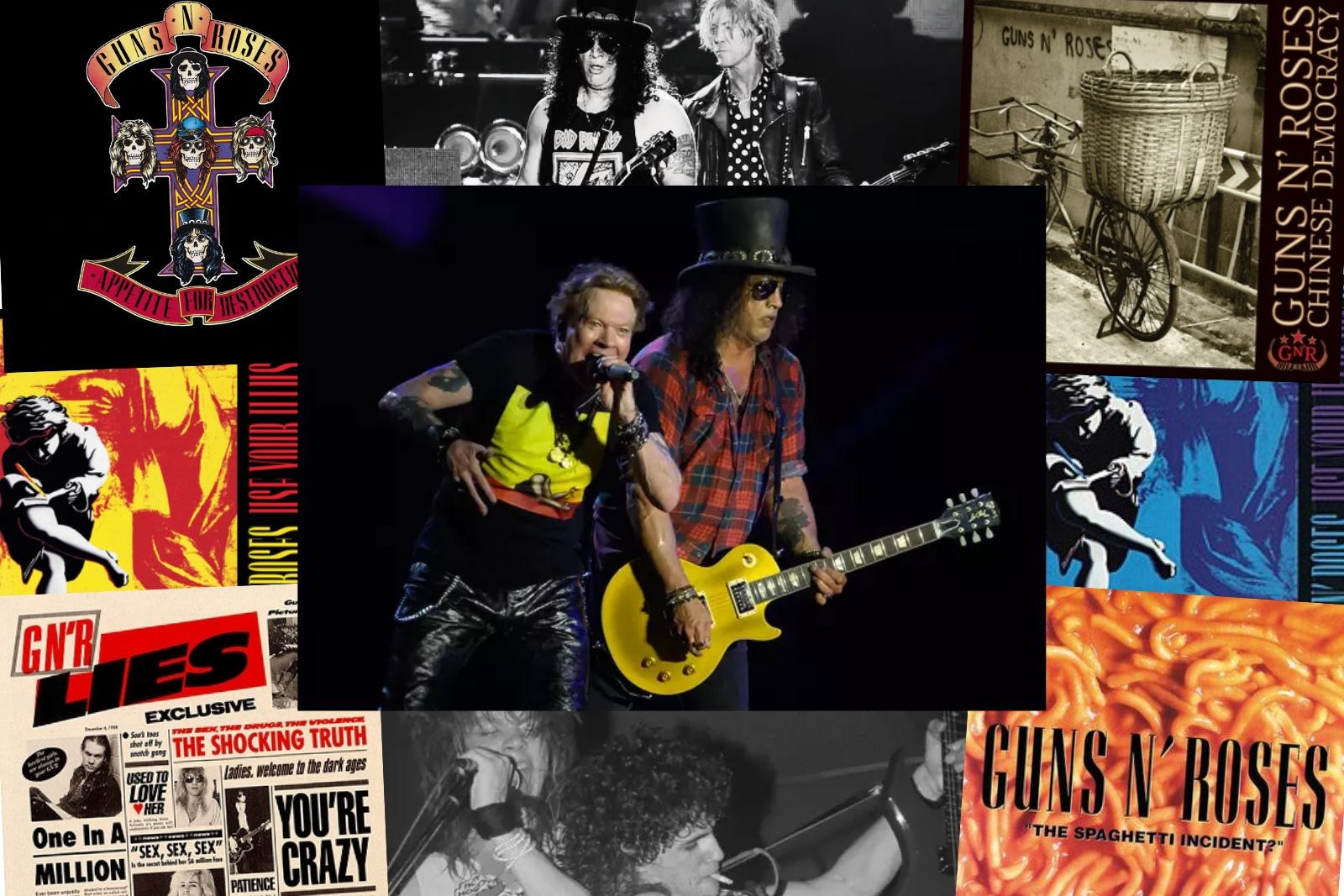





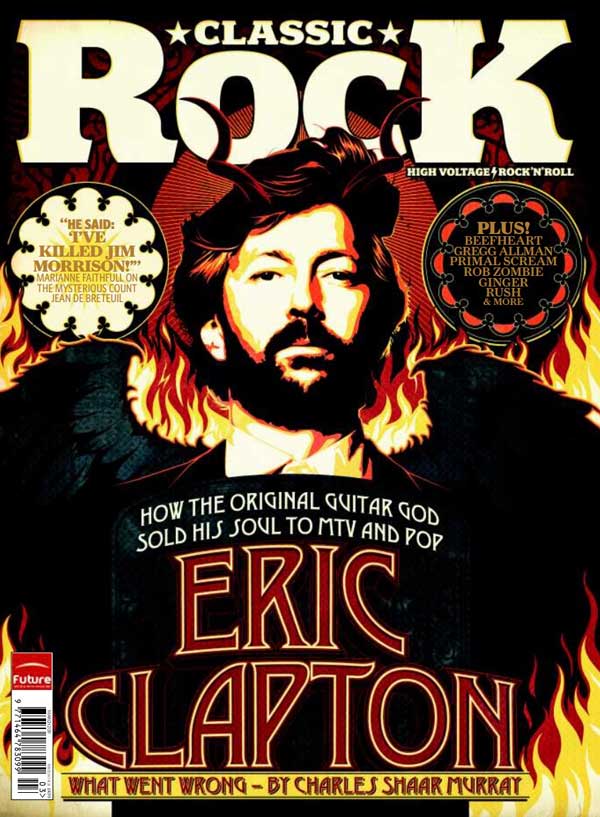



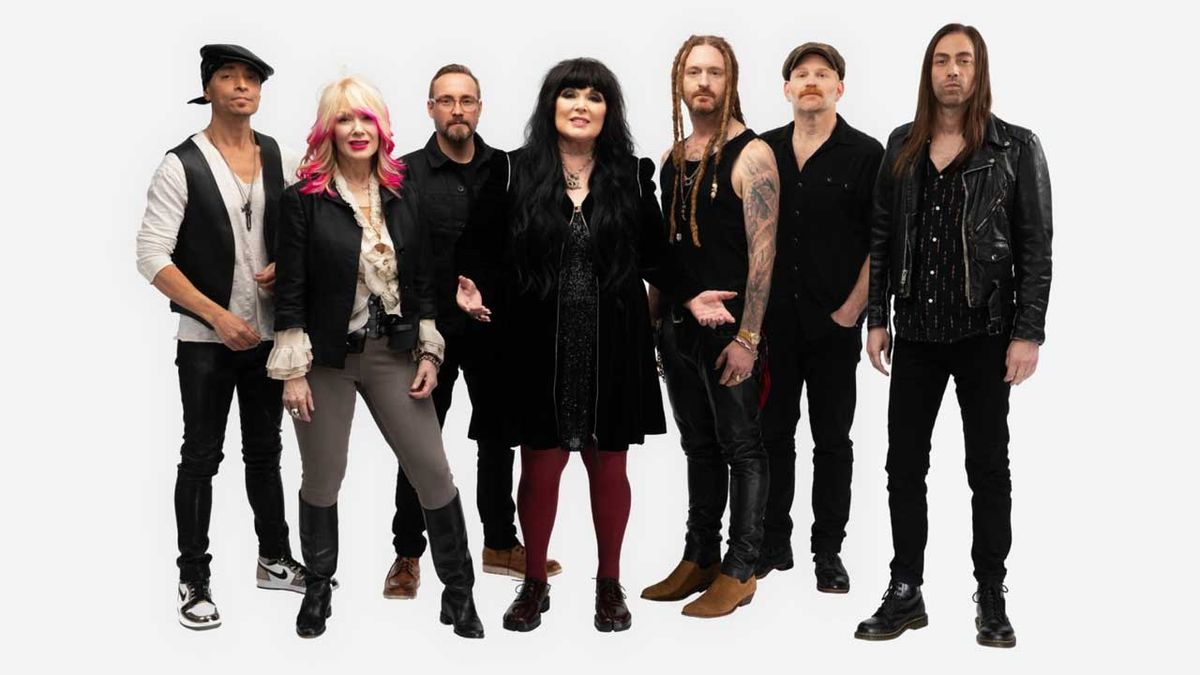






![Starcatcher [CD]](https://m.media-amazon.com/images/I/31rK08P6OaL._SL500_.jpg)




